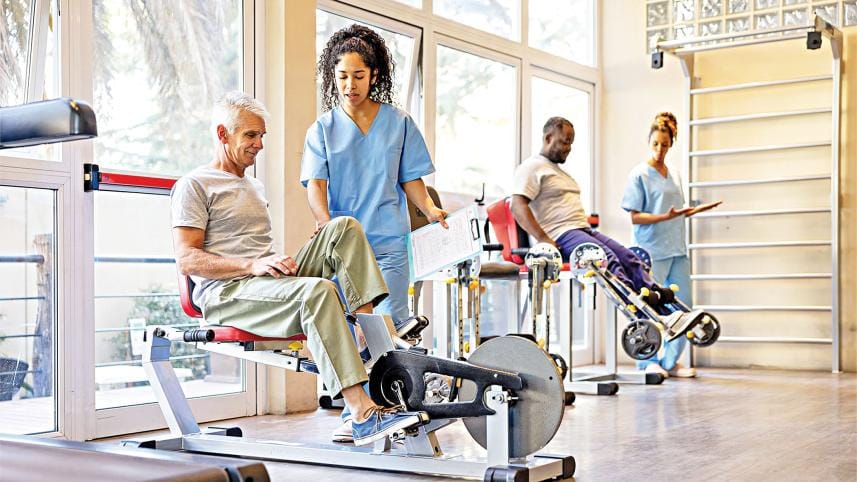Structured exercise improves outcomes after colon cancer treatment

Emerging evidence has long suggested that regular physical activity may positively impact cancer recovery, but definitive clinical proof has been limited. A large phase 3 randomised trial published in The New England Journal of Medicine now provides strong evidence that structured exercise can significantly improve outcomes for colon cancer patients.
In this multicentre study, individuals with resected colon cancer who had completed chemotherapy were assigned to either a structured exercise programme or a standard health-education plan over three years. The goal was to determine whether exercise could extend the time patients remained cancer-free.
The findings were clear: those who engaged in regular, guided physical activity experienced better disease-free survival than those who received only general health information. Furthermore, data indicated that overall survival was also likely improved in the exercise group, suggesting not only delayed recurrence but also a possible reduction in cancer-related mortality.
While the exercise group did report a higher rate of musculoskeletal issues, these were manageable and outweighed by the survival benefits observed.
This trial marks a significant step forward in cancer care by providing high-level evidence that structured, long-term exercise following chemotherapy can enhance both recovery and long-term health outcomes in colon cancer survivors. These results highlight the importance of integrating physical activity into survivorship plans and suggest that exercise is more than just supportive care—it can be a vital component of treatment strategy.



 For all latest news, follow The Daily Star's Google News channel.
For all latest news, follow The Daily Star's Google News channel.
Comments